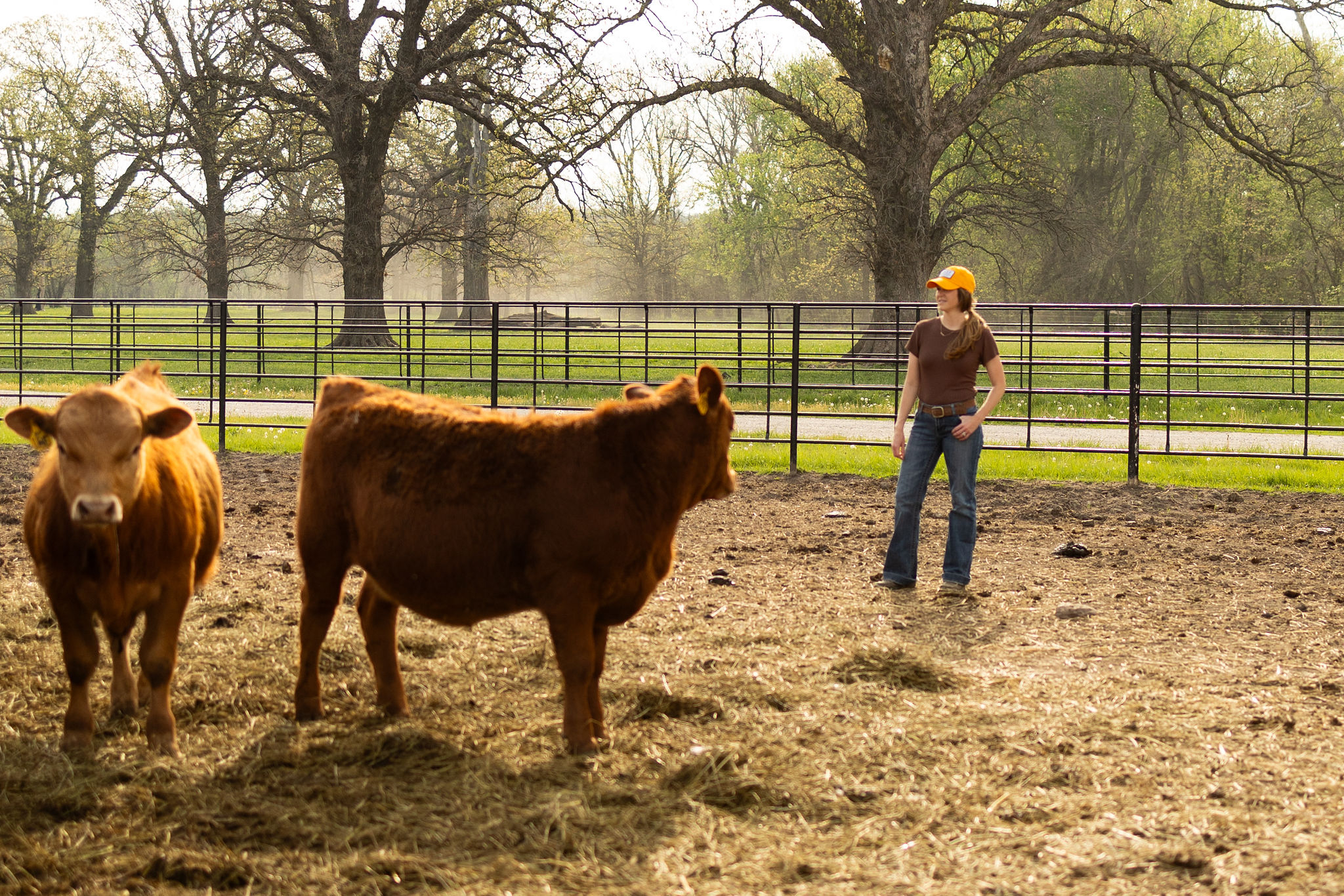I started my agriculture education at the tender age of 7 when I joined the Colony Hi-Point 4-H club. I was very involved with my animals and other projects such as cooking and floriculture and looked forward to meetings and fair time. When I reached my 8th grade year, I can remember counting down the days until I was in high school and could join FFA. I coudn’t wait to start judging and public speaking in a competitive manner and was even more stoked at the opportunity to run for a chapter office. When I finally reached high school, I dove in head first and immersed myself with extracurricular activities – basketball, cheerleading, track, volleyball, cross-country, National Honor Society, quiz bowl, band & show choir but the most important of all my extracurriculars was by far my high school’s agriculture program and The National FFA Organization (FFA).
Over the years I earned a lot of honors, awards and offices in FFA and developed critical life skills – communication, public speaking, book keeping and how to be part of a team. I also learned tons of facts about nutrition, animal evaluation, horticulture, crops and I’m proud to say that I can ARC and MIG weld with the boys! I now apply the information I learned in FFA and agriculture classes so many years ago to my everyday activities in grad school and I am sure that I will continue to use them in both my personal and professional life. I can say with 100% certainty that had I not been involved in agriculture in high school, I wouldn’t be where I am today.
If I were a student at Seaman High School, I wouldn’t be able to build that strong foundation of knowledge. USD 345, which contains Seaman High School, has decided to end the program indefinitely. The agriculture instructor and FFA sponsor left Seaman at the conclusion of the 09-10 school year to teach at another school. Seaman has yet to replace him and will not be offering agriculture curriculum or FFA for the fall semester and the school board has yet to decide whether to hire a new teacher. The reason?
Kansans, if there was ever a time for action in your community – that time is now. First Seaman, then your school.
Until next time,
~Buzzard~
oh, p.s. – I heard on the radio that Seaman recently constructed a NEW football stadium. That may or may not be true but was that fiscally responsible?????


